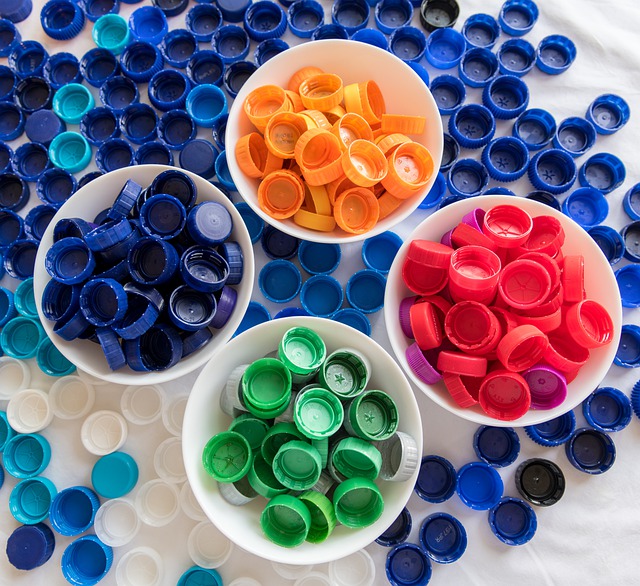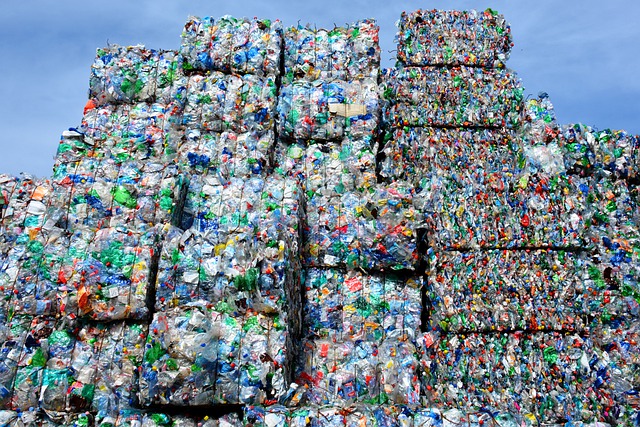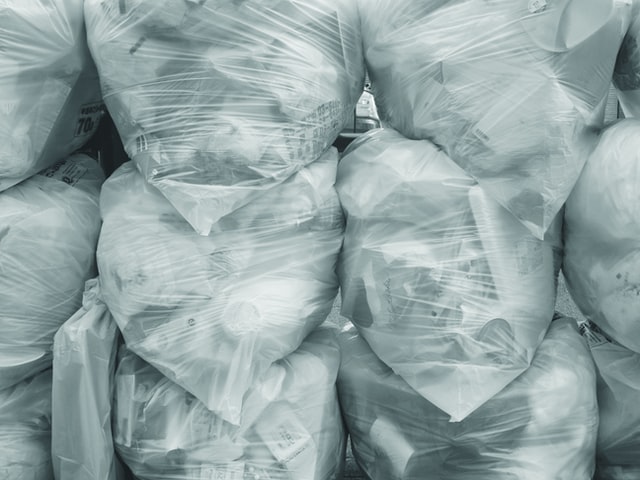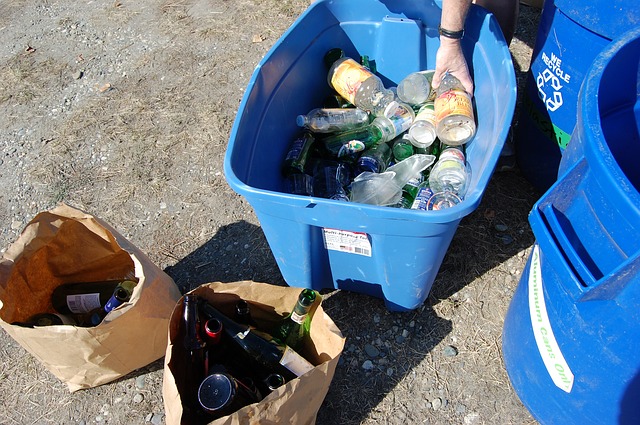UK Plastic Recycling Statistics

Recycling and sustainability are top of everyone’s agenda right now and with good reason. The old ways of single use plastics, using and throwing away and not considering the environmental cost are thankfully long gone.
Which brings us to the tricky subject of plastic recycling.
Just how good are we at recycling? How much of our plastic waste is recycled and how much recycled plastic do we use?
We have compiled some statistics that give us an idea of where we are in terms of recycling. We think you’ll find the results surprising.

The current state of plastic recycling in the UK
Let’s begin with plastic recycling. Arguably one of the most important parts of a sustainable model.
- Approximately 2,290,000 tonnes of plastic are sent for recycling every year – That’s almost 35 HMS Queen Elizabeth aircraft carriers!
- That includes 1,447,000 tonnes of household plastic waste, 643,000 tonnes of plastic bottles and 194,000 tonnes of plastic packaging – That’s almost 5 of the largest ships afloat, the Prelude FLNG
- Just under 50%, 1,135,000 tonnes of plastic waste is recycled
- The remaining 1,155,000 tonnes is sent to landfill or incinerated – That’s around 250,000 adult African elephants’ worth!
- 61% of UK plastic waste was exported overseas
- Just 39% of the plastic waste we generate is recycled in the UK
- Each household generates 13.65 kg of plastic bottle waste each year
- The UK alone uses over 14 billion plastic bottles each year
- Just 8.3 billion of those plastic bottles were sent for recycling
(Source – Recoup)
UK plastic recycling rates
The type and volume of plastics you can recycle depends where in the UK you live. Some councils include the widest possible selection of plastic products while other councils have a very narrow acceptance criterion.
- The total waste recycled from UK households was around 10.1 million tonnes
- Total waste generated by households in 2019 was 22.1 million tonnes
- The average recycling rate for the UK in 2019 was just 45.5%
- 2.2 million tonnes of waste were sent to landfill (8.5%)
- 11.6 million tonnes of waste were incinerated (3.8%)
- London has the lowest recycling rate at just 33.5%
- The South West has the highest recycling rate at 49.5%
(Source – DEFRA 2019/2020)
- The best councils for recycling in the UK are Chelmsford, East Riding, Leeds, Leicestershire and Lewes
- The worst councils for recycling in the UK are Barking and Dagenham, Bury, Oldham, Slough and Southampton
(Source)
- Wales has the third best household recycling rate of anywhere in the world
(Source)
- We dispose of 2.5 billion coffee cups in the UK
- Only 7% of plastic bottles are recycled globally
- The equivalent of 1 truck full of plastic waste is dumped into the ocean every minute
- 1 billion black plastic food trays are sent to landfill each year in the UK
(Source)


UK plastic recycling facts
Now we have those sobering statistics on plastic recycling, let’s outline some key facts everyone should know.
- 1 ton of recycled plastic saves 23 cu-ft of landfill space, 3,114 litres of oil and 20,786 megajoules of electricity
- Recycling uses just 12% of the energy required to create new plastic
- Plastic drinking bottles can be recycled into home insulation, clothing, carrier bags, plastic cases, recycling bins, duvet fillings, park benches and even new plastic bottles!
- Recycling creates 6x as many jobs as landfill and incineration
- It takes as little as 1 month to collect, clean, recycle and re-manufacture recycled plastic
- Low density polyethylene, one of the materials we use at Plastor, is one of the easiest plastics to recycle. Followed by PET, HDPE and PVC
- 90% of UK households said they would recycle more if it was easier
- The EU had set a target of 50% recycling rate by 2020, a target the UK has missed
(Source)
- It can take up to 1,000 years for a plastic product to fully decompose
- It can take up to 450 years for a plastic bottle to fully decompose
- Carrier bags can take anywhere from 10 to 1,000 years to fully decompose
- It can take between 250-450 years for a disposable nappy to fully decompose
- Foam plastic cups can take up to 50 years to fully decompose
- Styrofoam products do not biodegrade at all as far as we know
(Source)
What plastics can be recycled?
Now let’s turn our attention to what plastics you can recycle and what you cannot.
In theory, all plastic can be recycled. However, the more types of material that goes into the product, the more difficult it is to recycle.
- PET (Polyethylene Terephthalate) can be fully recycled. Most plastic bottles and yoghurt pots are made from PET.
- HDPE (High Density Polyethylene) can be fully recycled. Many products sold by Plastor are made from HDPE. Other products include bottle caps, detergent bottles, shampoo bottles, spread tubs, ice cream tubs and flexible carrier bags.
- PVC (Polyvinyl Chloride) is not recyclable by household recycling collections. Products made from PVC include cling film, hoses, plastic pipes, household and DIY items, plastic furniture and some blister packaging.
- LDPE (Low-Density Polyethylene) can be fully recycled but is council dependent. Products include frozen food bags, bubble wrap, carrier bags, bread bags and squeezy bottles.
- PP (Polypropylene) can be fully recycled but is council dependent. Some products sold by Plastor are made from PP. Other items include packing tape, drinking straws, takeaway cartons, ketchup bottles, picnic items and non-flexible carrier bags.
- PS (Polystyrene) is not recyclable by household recycling collections. Items include plastic cutlery, some yoghurt pots, some takeaway packaging, meat trays, packing peanuts, Styrofoam cups and insulation products.
(Source)
Different councils have different rules when it comes to recycling plastic. It’s best to check with your local authority to see what they will accept and what they won’t.
If they don’t mention the plastic by name, PET or Polyethylene Terephthalate, check the products usually manufactured using it for clues.

As you can see, these statistics make for sobering reading. While the UK has come a long way in terms of recycling, there is still a long way to go!

